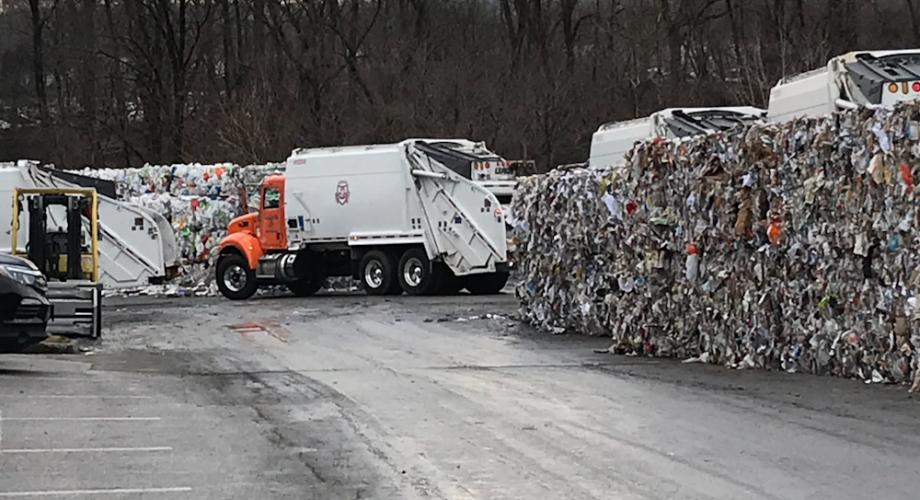Waste-hauling costs are increasing and recycling policies are becoming stricter. Apartment operators are seeing the effects and are taking a variety of steps to improve efficiency and cost-effectiveness. In Part 10 of this 13-part, in-depth report, hauler Waste Management speaks on the state of the industry.
Globally speaking, the recycling industry is facing ‘days without precedent.’
For all the years I’ve worked in the recycling business for Waste Management, I can tell you that the global challenges our industry is facing these days are without precedent.
Simply put, many of the items we all want to recycle are getting hard to market economically. This impacts our business, the environment and the recycling industry as a whole.
To explain what’s happening, you really need to go back to the habits we’ve all formed over the years inside our households. Many of us grew up with a different kind of recycling program than we have today. Back in the day, we separated items at the curb each week, making it easier to process paper, aluminum and plastics into different material streams. All the right things were being recycled.
Then, in the early 2000s, recycling changed with the arrival of single-stream. Through this process, residents and businesses could put all of their recyclables into a single bin or cart, and those items would then be separated at a sorting facility. Over a short period of time, thanks to the convenience of single-stream, more people began to participate and recycling rates soared to their highest levels. Households were recycling more, and as a result, we were processing millions of tons more for the betterment of our communities and environment. Recycling had entered its boom years.
At the same time, products and packaging were becoming more complex. For example, think about the difference in weight of a plastic bottle today versus 15 years ago. Maybe you haven’t noticed, but today’s bottles are a lot thinner and lighter than they used to be. We’ve also seen that a wider variety of plastics are also being used to package the everyday items we purchase.
This complexity has in many ways altered consumers’ understanding of what they think is recyclable. More and more, non-recyclables are finding their way into single-stream containers – things such as plastic bags, organic matter (food, liquid and yard waste), rubber hoses, wires and low-grade plastics. Contamination rates – or the percentage of trash mixed with recyclables – has steadily climbed over the years.
Today, the average contamination rate among communities and businesses sits at around 25 percent. That means that roughly one in four items placed in a recycling container is actually not recyclable through curbside programs, and this creates enormous problems for the recycling economy.
Problem One. Contamination significantly increases the cost to process recyclables. Add this to the fact that commodity prices for recyclables has fallen significantly and the financial sustainability of recycling is at risk. To put another way, not only are plastics lighter, and packaging more complex, recyclables derived from those items are being sold for less and at a higher cost to process. Those are some big economic hurdles.
Problem Two. Recycling contamination has a direct impact in the quality of recyclables entering the commodity markets. For example, when foods or liquids are placed in a recycling container, they will ultimately saturate tons and tons of otherwise good paper and cardboard that they come into contact with. When paper and cardboard loses its quality, it also loses its ability to be recycled. It becomes trash.
Now imagine that all taking place at an enormous scale, and not just with food and liquids but with all contaminants. Trash entering the recycling stream impacts the quality of recyclables entering the commodity markets. The higher the recycling contamination, the less we can recycle – that is the challenge we are all facing, and it is a global problem.
Back to the Trash Talking in-depth report or read the part 11 story: Dumpster Dive: Waste-Management Tracking Data's Hidden Value.
